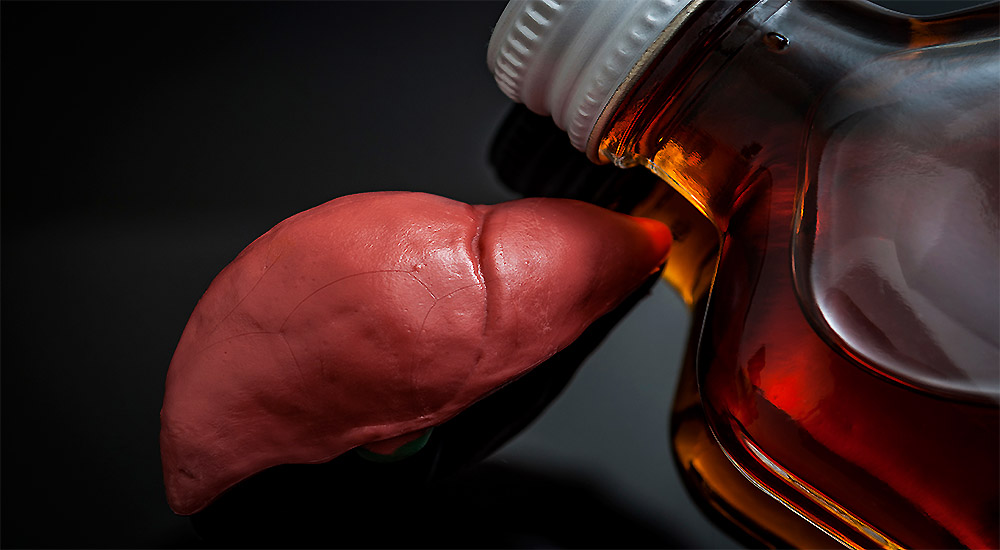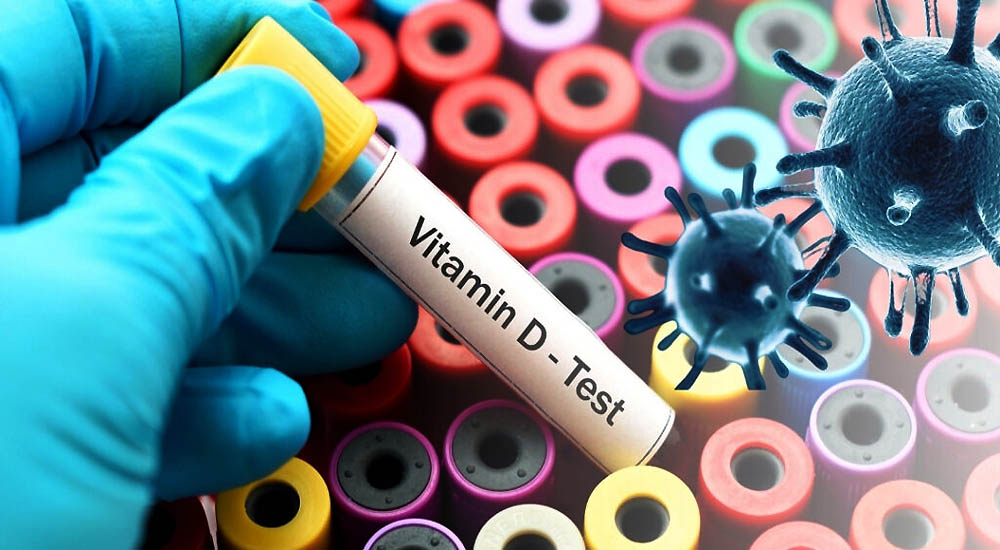Is Gluten Damaging Your Liver?

 Is Your Liver Happy?
Is Your Liver Happy?
When you receive an annual physical your doctor will draw blood and perform some standard blood tests. Amongst them are liver enzymes to assess how your liver is functioning. It is not uncommon for a patient to be told that their liver enzymes are a bit high. Because the doctor only comments about this in passing, we usually are not concerned.
Your doctor may have cautioned you to drink less alcohol and get more exercise if you’re overweight, but that is usually the extent of the conversation. Sometimes, if the liver enzymes are on the higher side, your doctor may mention the term ‘non-alcoholic fatty liver’. He or she will explain that the liver is under some stress and while you’re not an alcoholic, such malfunction, in the past was typically seen in alcoholics. The remedy is typically to ‘watch it’ for 6 months while recommending discontinuation of any alcohol and urging to lose weight, as mentioned above. What is scary is that while such problems used to be relegated to adults in their late 40s and 50s, we are now seeing fatty livers in children as young as 6 years old!
Such fatty infiltration of the organ is typically associated with a poor diet and being overweight, even in our youth. Often patients have mildly elevated liver enzymes for years, without their doctor doing anything more than commenting.
Why? Because the severe liver disease is associated with very high liver enzymes and since most doctors are looking for disease, they brush off a mild elevation.
Your Liver Could Be Telling You of a Gluten Problem
While for some the cause of the problem is poor diet and obesity, for others, gluten is a contributing factor. Gluten intolerance is defined as an umbrella term that includes both celiac disease, affecting 1-5% of the population, and gluten sensitivity, affecting upwards of 10% to 20+% of the population. We are discussing it in this post because mildly elevated liver enzymes could be the first indication that you have celiac disease or gluten sensitivity.
The Journal of Hepatology published a report in 2007 titled “The liver in celiac disease”. In it, they stated that a gluten-free diet normalized liver enzymes and tissue changes to the liver in most patients. These patients were known to have celiac disease. They also pointed out that liver blood test abnormalities not only affect patients with celiac disease, but it may be” the sole presentation” in some. What this means is that elevated liver enzymes may be the only way that the body is presenting celiac disease.
Liver Trouble Increases Your Risk of Celiac & Gluten Sensitivity
A large study performed in Sweden discovered that celiacs have a 2 to 6-fold increased risk of developing liver disease, and prior liver disease increases one’s risk of developing celiac 4 to 6-fold. Celiac was found to be associated with 8-fold increased risk of death from liver cirrhosis. Obviously, this is nothing to take lightly. A large Danish and Swedish study, including over 8,500 celiacs, found that specific liver disease, primary biliary cirrhosis, was increased 20-fold.
What Do Gluten & Your Liver Have in Common?
It’s actually quite fascinating to see the similarities between individuals with celiac disease and those with liver disease. They both have a “leaky gut” which means that the integrity of the small intestine has become compromised and toxins and pathogenic organisms that should remain in, and be excreted by, the digestive tract, now get out into the bloodstream.
When you think of it the connection makes sense. The leaky gut, a hallmark of gluten intolerance, pours toxins into the bloodstream. Where do toxins go to get detoxified? Primarily the liver. So there is no great leap of understanding necessary to see the connection between the two. The study confirmed that “mild to moderate elevation” is the “most common and often only laboratory manifestation of liver injury in patients with celiac disease”.
Now that all these researchers have proven it, and we know it, we just need our medical doctors to become aware of it and stop ignoring mild to moderate increases of liver enzymes.
A Gluten-free Diet Heals the Liver!
Happily, the results from instituting a gluten-free diet were outstanding – 75% to 95% of the patients with celiac disease showed normalization of their liver enzymes within a year of good adherence to the diet. Even those patients with structural changes to their liver (liver damage) showed normalization after adherence to the diet.
Nonalcoholic fatty liver disease affects 10% to 24% of the general population and its incidence is increasing in the U.S.
Obesity is a major risk factor and because many celiacs are thought to be thin vs. obese, most doctors would not put the two diseases in the same category. They would be mistaken.
A study of 54 patients with diet-resistant (emphasis my own) nonalcoholic fatty liver disease found a prevalence of 10% positive for celiac disease based on standard blood testing. These patients showed normalization of their liver enzymes after 6 months on a gluten-free diet. The “diet-resistant” aspect mentioned above seems to have gluten as a component.
Remember that 1-5% of the general population has celiac. This percentage increases to 10% in those suffering from non-alcoholic fatty liver disease. We are overlooking these patients for two reasons:
- We don’t think to look for celiac disease in patients who are obese
- We don’t realize the strong correlation between liver problems and gluten
Is Gluten Sensitivity Involved?
While this study was remarkable in that it brought to the surface a strong association between celiac and liver disease by culling together many good studies, it was published in 2007, two years before our book was released. What is the relevance?
2009 was the year that gluten sensitivity was entertained to be a “real” condition affecting many, many more people than celiac disease. Research continued and in 2012 researchers from around the world confirmed its authenticity as a serious condition. Many of us utilize a blood test for gluten sensitivity called AGA (anti-gliadin antibody). Interestingly, some researchers did measure test subjects for AGA but they dismissed the results because the AGA test didn’t correlate with villous atrophy (destruction of the small intestine). We know the reason for this is that gluten sensitivity is NOT a celiac disease. It is a celiac disease that causes the destruction of the lining of the small intestine.
Gluten sensitivity creates inflammation to the small intestine and damage throughout the body, but not the exact destruction (villous atrophy) that is the hallmark for celiac disease.
Now that we understand the difference, I think you’ll be very interested to learn the percentage of patients who suffer from gluten sensitivity who also have liver disease. The research found that gluten sensitivity occurs with increased frequency among patients with chronic liver disease. From 20% in those with alcoholic liver cirrhosis to 19% in chronic hepatitis, and from 16% and 24% respectively in two other chronic liver disorders (primary biliary cirrhosis and primary sclerosing cholangitis), to finally 11% in hepatitis C virus infection – these patients were all found to be gluten sensitive.82
Be Proactive – Find Out Your Liver Test Results
The bad news is that they would likely never be diagnosed with their gluten intolerance in our current medical system. The liver disease would get all the attention. How sad that so many suffer from these problems when a simple change in diet could reverse the disease state.
Now that you know this vital information I would ask that you share it with others. Remember to check with your doctor to see if you tend toward even mildly elevated liver enzymes – that could be your first indicator of gluten intolerance.
Do you need help with your health?
We have the diagnostic and testing tools, the clinical experience, and a different medical approach to discovering the root cause of why you have the symptoms that are bothering you. As long as you are ready to make some dietary and lifestyle changes, we can help you. We will "hold your hand" through the changes, step by step, to make each step an easy one. We are located in Clearwater, FL, at 1000 S Ft Harrison, at the corner of Ft. Harrison Ave. and Magnolia St. There is plenty of parking space directly accessible from Ft Harrison. If it is not convenient for you to come to Root Cause Medical Clinic, we offer telehealth/telemedicine consultations to residents of certain states. Call us for details.
Contact us for a Consultation – Call 727-335-0400

Dr. Vikki Petersen DC. CCN
Founder of Root Cause Medical Clinic
Certified Functional Medicine Practitioner
Dr Vikki Petersen is a public speaker, author of two books, several eBooks and creates cutting edge content for her YouTube community. Dr Vikki is committed to bringing Root Cause Medicine and its unique approach to restoring health naturally to the world.
Ask a Doctor
Have a health concern you'd like to speak with a doctor about? Or just want clarity on a subject? Ask Us!

 Is Your Liver Happy?
Is Your Liver Happy?
